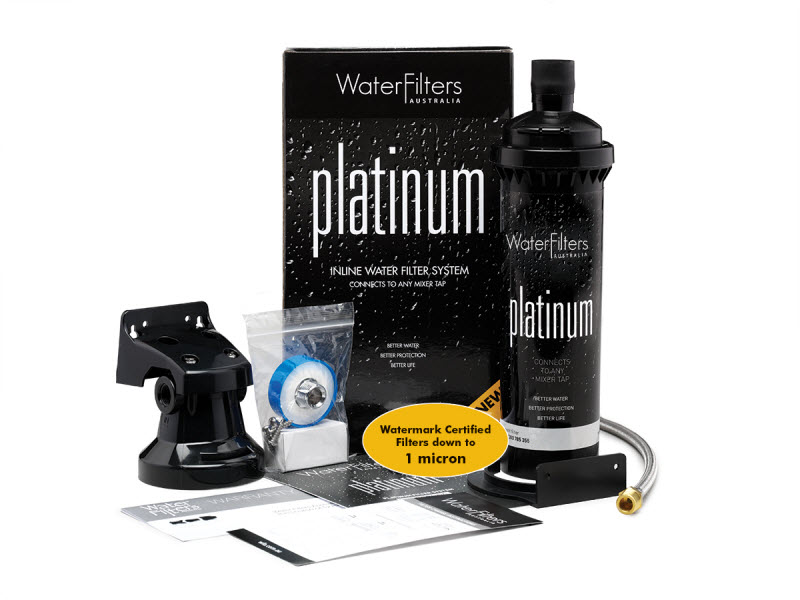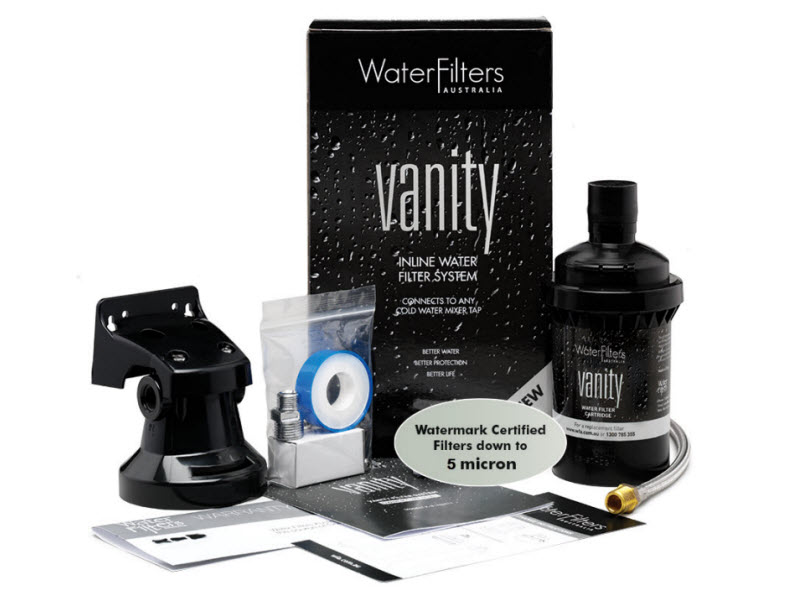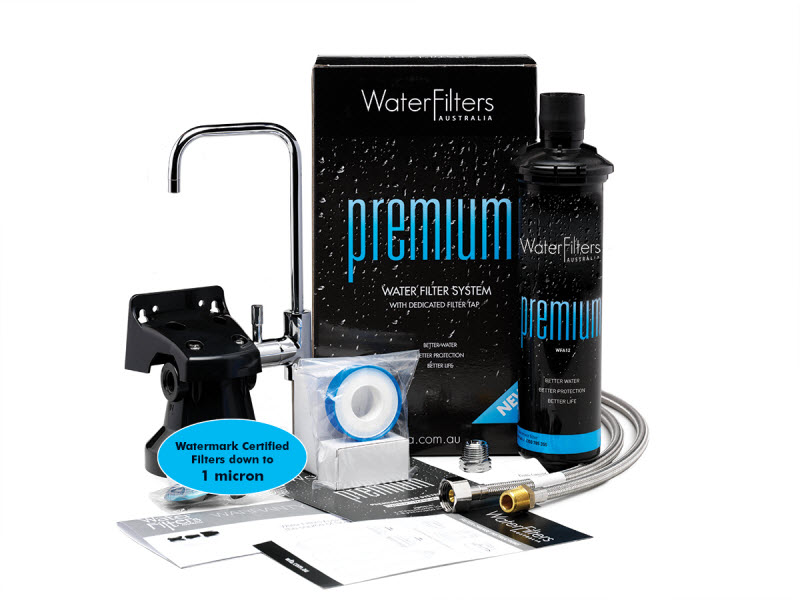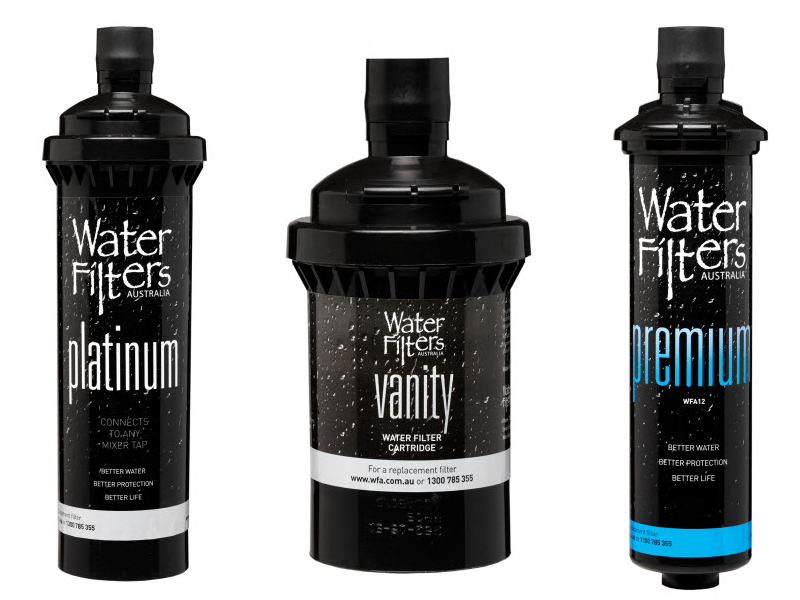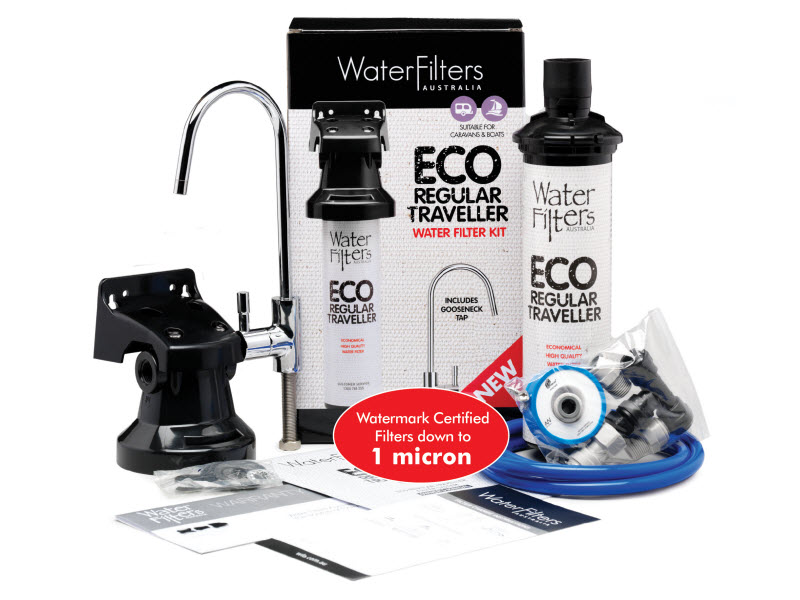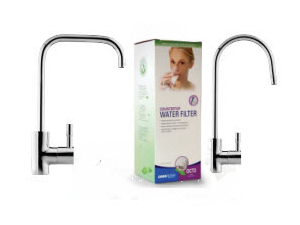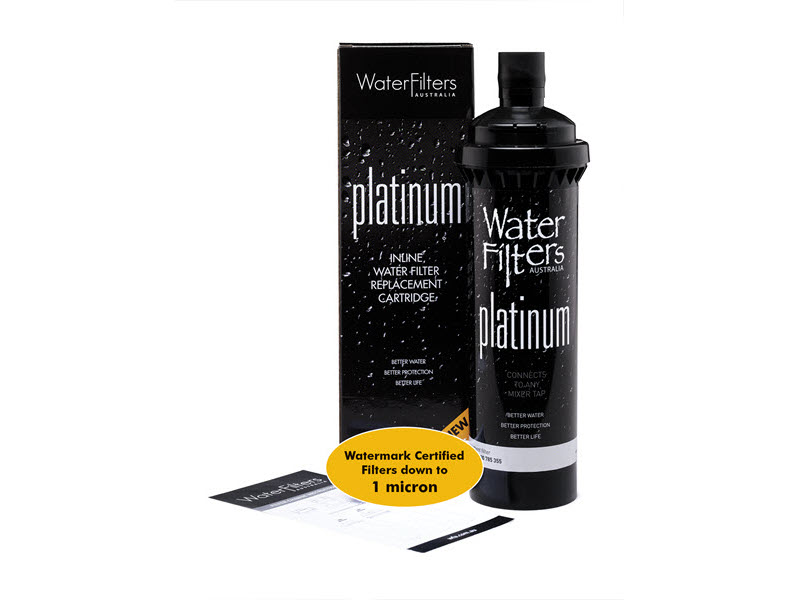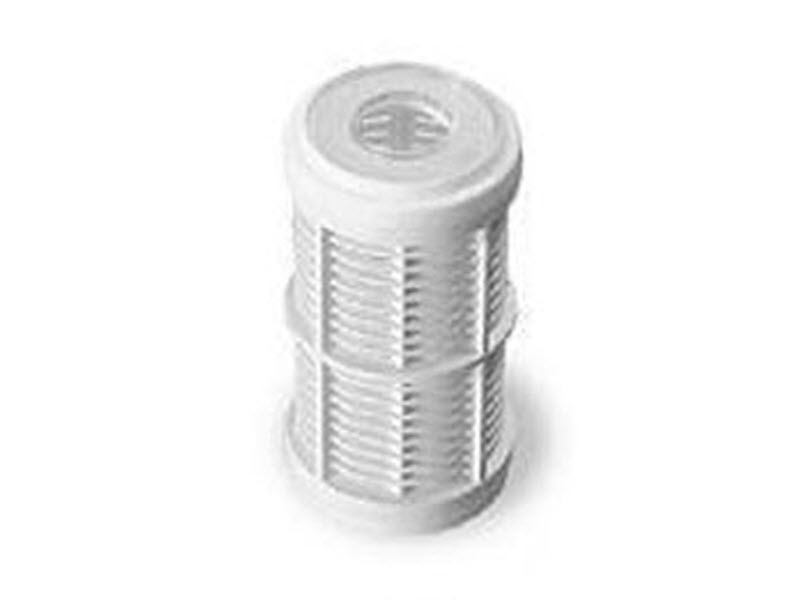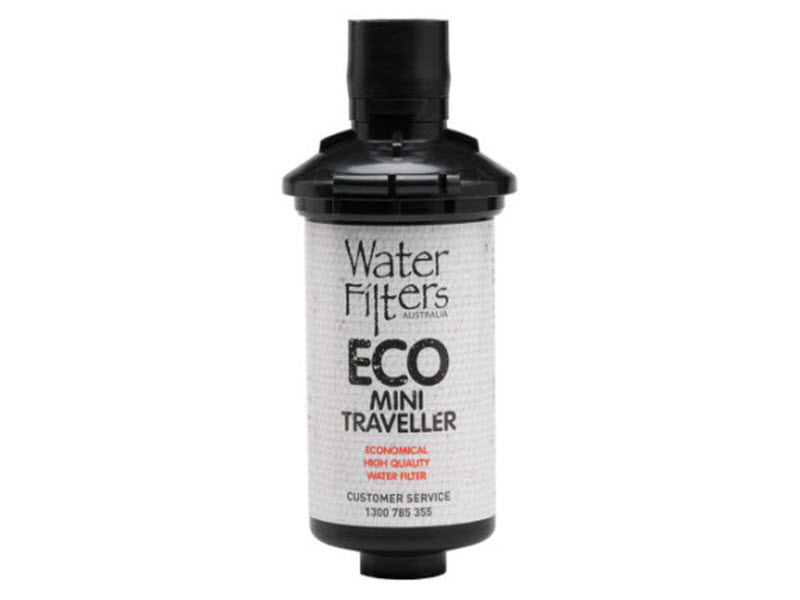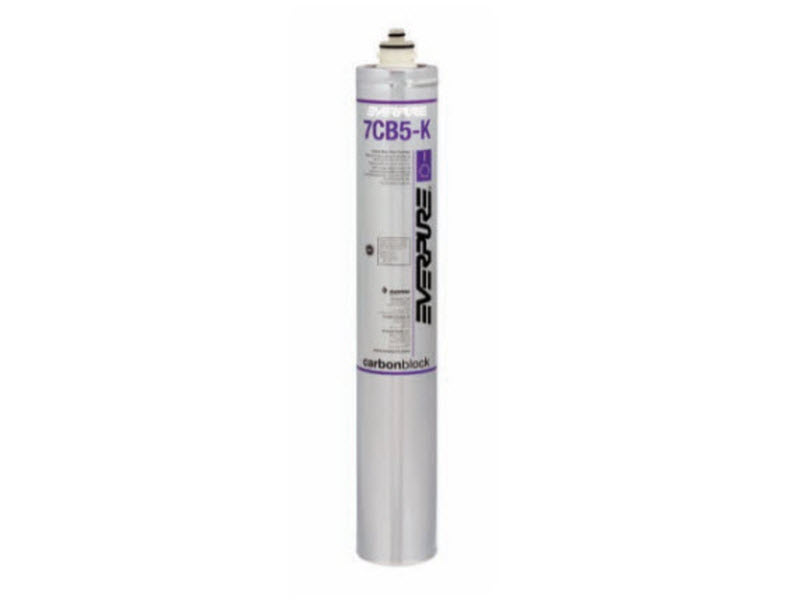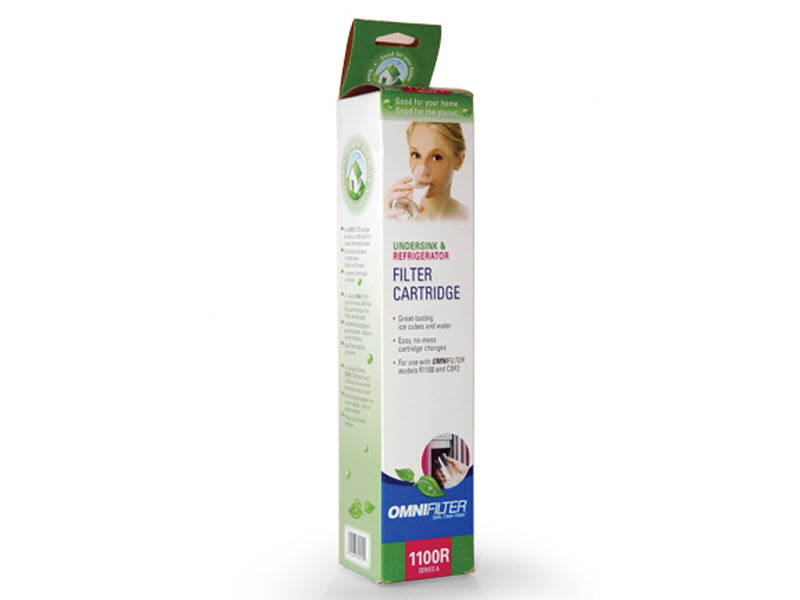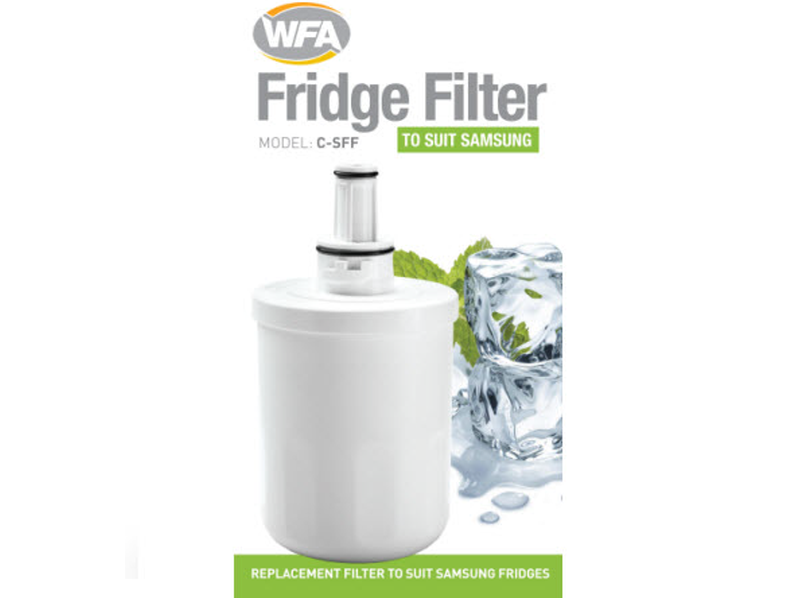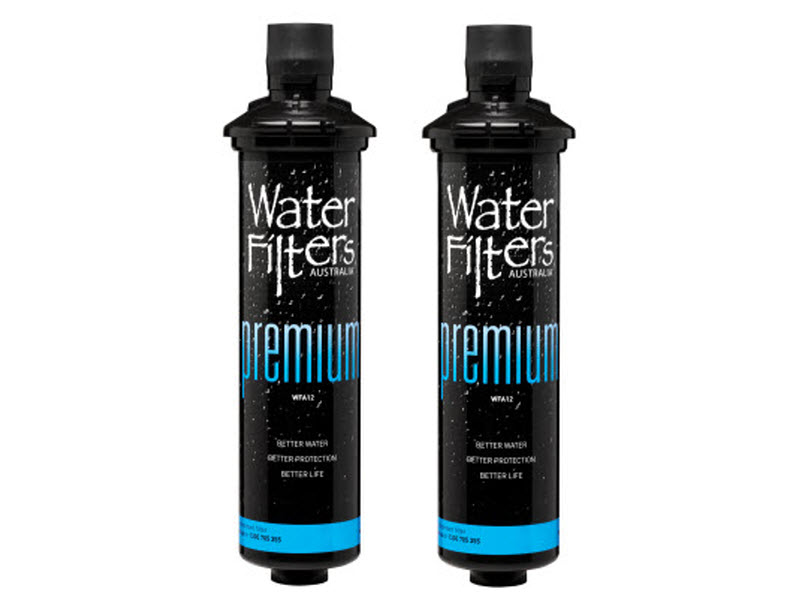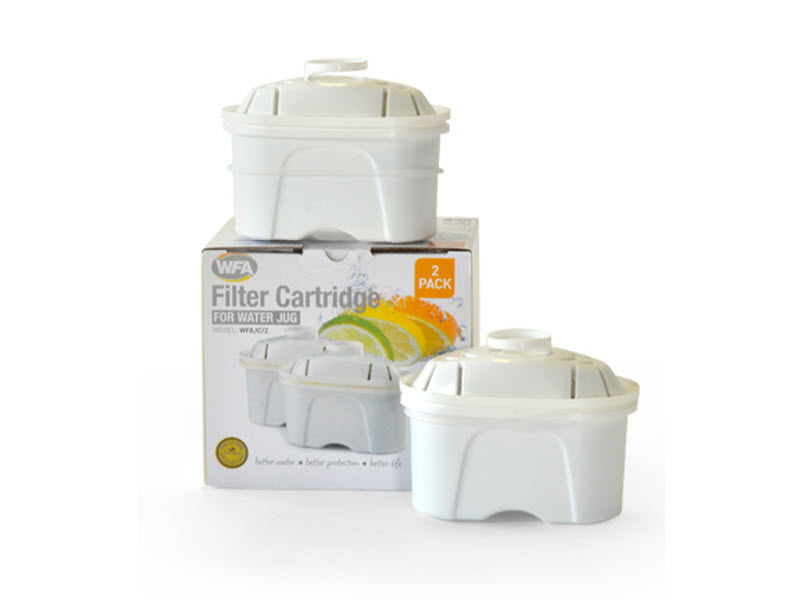How to encourage your children to drink filtered water
A question we get asked a lot at WFA HQ is … how do I get my children to drink filtered water?
The key is to get your children to LOVE drinking water and you can easily do this by following the simple tips in this short video.
A question we get asked a lot at WFA HQ is … how do I get my children to drink filtered water?
The key is to get your children to LOVE drinking water and you can easily do this by following the simple tips in this short video.
WFA tips to encourage children to drink filtered water
- Choose a special water bottle or cup to fill with filtered water.
- Select a special straw – invest in a metal one to stop single-use plastic.
- Add frozen fruit to filtered water – this will infuse and add a touch of sweetness and colour.
- Encourage children to fill their own water bottles from your fast flowing inline water filter system.
- Freeze water in a freezable water bottle. It will be super cool and refreshing on a hot day.
- Set up a reward system – a special sticker or treat is a great incentive to drink filtered water.
- Be a good example so your children see YOU drinking filtered water.
- Choose water when you are out for dinner or at a café. If you make water the first and only option, it becomes a healthy habit.
- Take reusable water bottles with you when you go on a trip.
- Make sure that your tap water tastes good and you have fresh, filtered water available 24/7 with an inline water filter system.
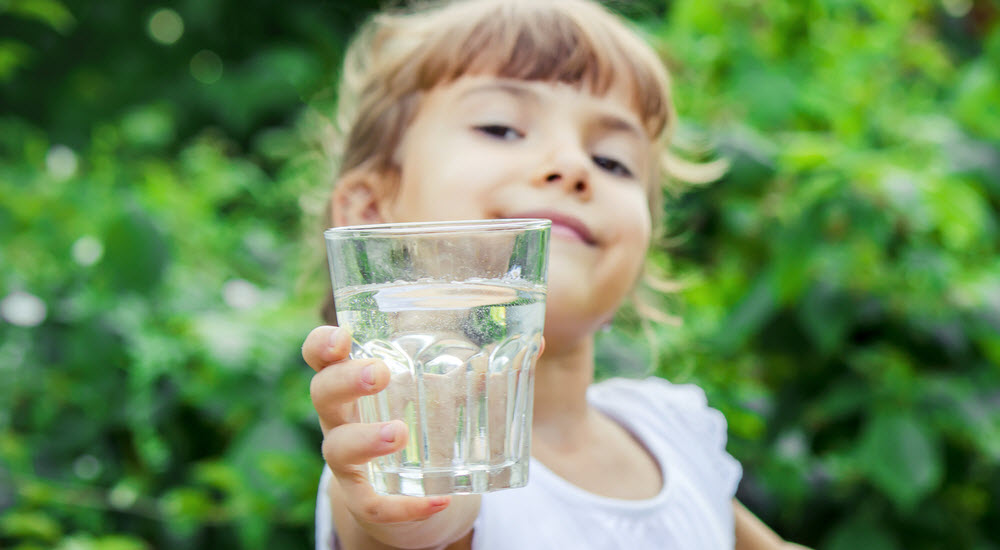
So why is it important for children and babies to drink enough water?
There are many reasons why drinking enough filtered water is important.
For a start, children are more at risk of dehydration than adults.
We’ve looked at the common dehydration signs in adults before, but there are a few key things to look out for in babies and children to help recognise mild dehydration signs.
These are:
- Less urine – in babies that means fewer wet nappies
- Dark yellow or brown urine
- Looking gaunt and pale
- Tiredness and lethargy
- Fewer tears
- Thirst
- Sunken or dark eyes
- Coated or dry tongue, dry lips and mouth
- Dizziness or light-headedness
- Nausea and headaches
Severe dehydration is much more serious and the Royal Children’s Hospital in Melbourne lists the following symptoms to look out for:
- Extreme thirst
- Lethargic or less active than normal
- Pale and sunken eyes; tears may be absent when crying
- Cold – especially hands and feet
- Breathing faster than usual and have a fast heart rate
- Irritable, drowsy or confused
If your child shows signs of severe dehydration, seek immediate medical attention. See your GP or go to your closest hospital emergency department.
If you are wondering how much water to give your child, take a look at this WFA blog.
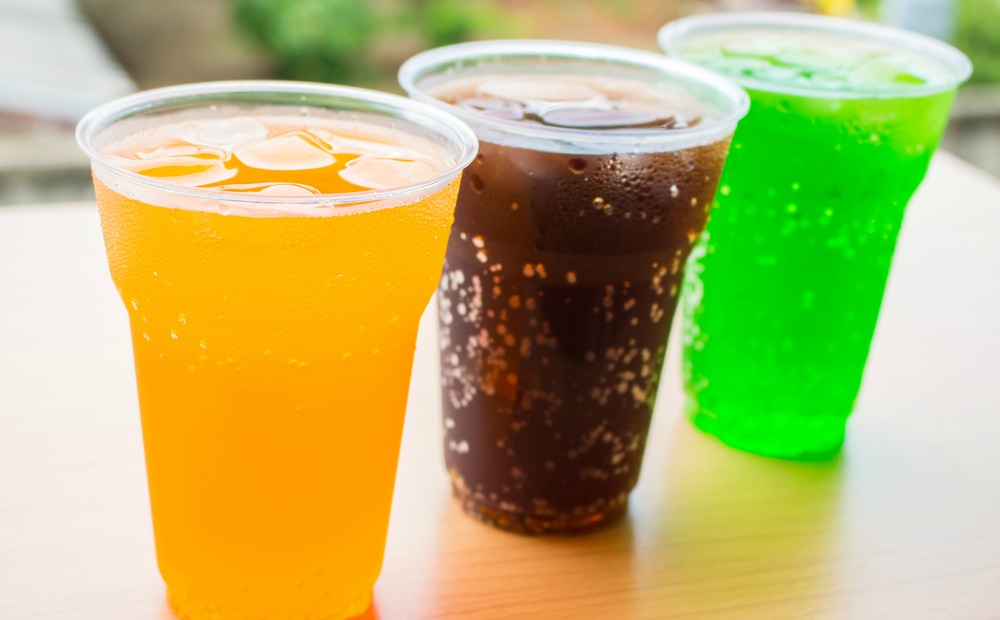
The problem with sweet drinks
Apart from the obvious risk of dehydration, there’s an even bigger reason to choose filtered water for your child, rather than a sweet alternative.
According to a new study by the Cancer Council Victoria and the University of Melbourne, choosing sugary drinks could increase cancer risk, regardless of body size.
The research study, called “Consumption of sugar-sweetened and artificially sweetened soft drinks and risk of obesity-related cancers,” involved 35,000 Australians who developed 3283 cases of obesity-related cancers.
Associate Professor Allison Hodge of Cancer Council Victoria said,
“Our study found that the more sugary soft drinks participants drank, the higher the risk of cancer. This was not the case with those that drank diet soft drinks, suggesting that sugar is a key contributor.”
And according to the Executive Manager of the Obesity Policy Coalition, Ms Jane Martin,
“Younger Australians are consuming significantly more sugary drinks than older people; they are widely available and often discounted.”
Cancer Council Victoria CEO Todd Harper said,
“Sugary drinks, including soft drinks, are already known to be a cause of obesity, which greatly increases the risk of 13 types of cancer. We need more people to understand the connection and make the switch to water.”
Cancer is just one of the chronic health conditions associated with sugary drinks. Other health problems in children as a result of sugary drinks may include:
- Excess weight gain
- Tooth erosion and decay
- A smaller appetite
- Picky eating
- A change in bowel habits
A common misconception amongst parents is that fruit juice is a healthy option. But a glass of apple juice can contain up to six teaspoons of sugar. Better Health, Victoria advises to limit unsweetened fruit juice to an occasional half a cup as a treat.
And instead, encourage children to eat fresh fruit and vegetables and drink water.
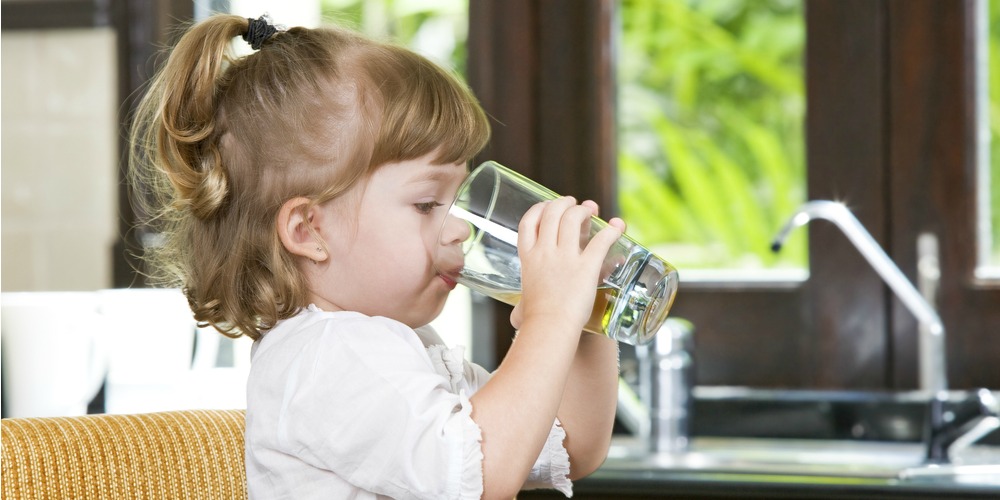
A healthy solution
So, what’s the best way to ensure that great tasting filtered water is the first and only choice for your children? A WFA water filtration system is a great option. You can turn your existing kitchen tap into a water filtration system with our popular WFA Platinum inline water filter system.
With great tasting filtered water easily available all day, your children won’t be able to get enough! And you’ll have a healthy solution for the whole family.
Order yours today or contact our friendly customer service team to discuss all your water filtration needs.
Read more about fun filtered water activities for kids.



